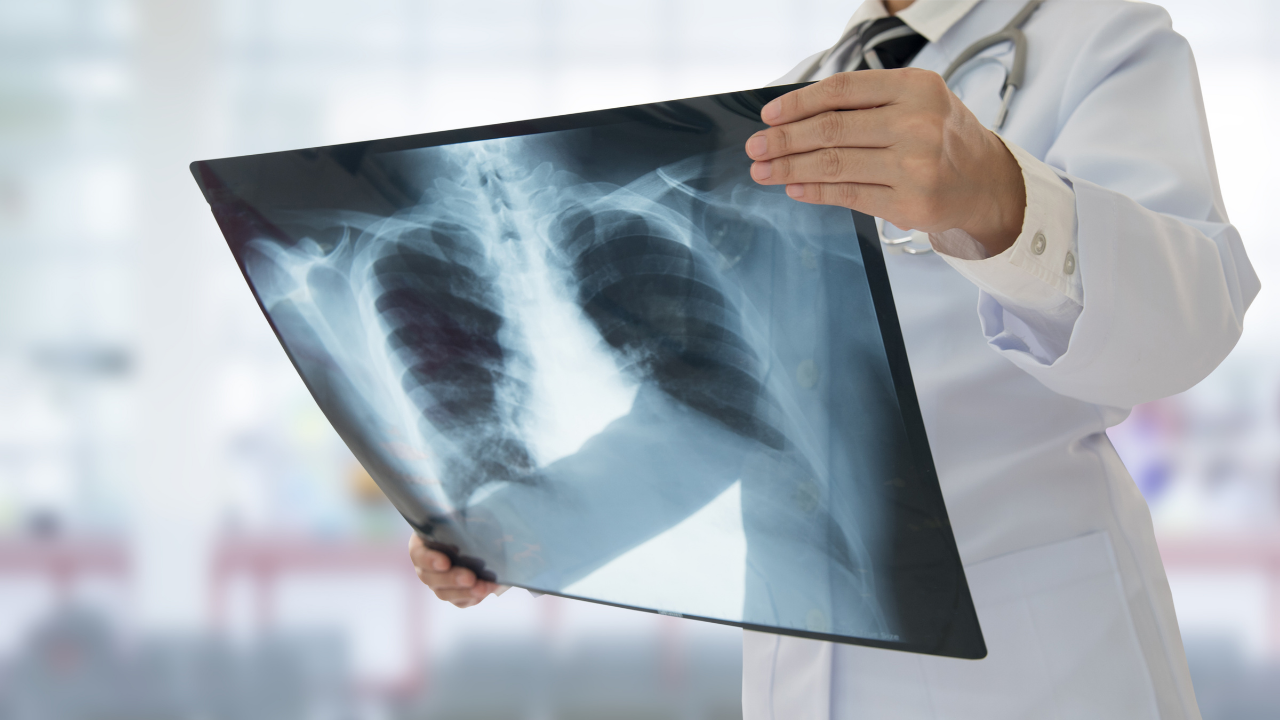This World Pneumonia Day, 12 November, 2022, the Forum of International Respiratory Societies (FIRS), of which the European Respiratory Society is a founding member, is calling on governments and other stakeholders to take urgent action to tackle pneumonia – focusing on those who are at
greatest risk of severe illness. The combined effects of the COVID-19 pandemic, air pollution, and poor living conditions associated with conflict and climate change have contributed to pneumonia numbers – placing millions at risk of infection and even of death.
In 2021, the estimated burden of deaths from respiratory infections, including COVID-19, was a staggering 6 million people. Pneumonia claimed the lives of 2.5 million, including 672,000 children, in 2019 alone, according to the Global Burden of Disease. That’s:
- One person dying every 13 seconds
- One child under 5 dying every 47 seconds
- One adult over 70 years dying every 26 seconds
Most deaths occur in the poorest populations in low and middle-income countries (LMICs). Low vaccination rates or lack of immunisation, malnutrition, or exposure to cigarette smoke and air pollution are key factors that increase susceptibility to pneumonia and to severe illness. Older adults exposed to air pollution especially from burning fossil fuels and smoking are also at risk. Almost half of the estimated 1.6 million pneumonia deaths among adults aged over 50 years are attributable to air pollution or smoking.
To prevent, diagnose and treat pneumonia, this World Pneumonia Day, FIRS is calling on governments to:
- Strengthen health systems to deliver interventions which reduce pneumonia deaths, including provision of effective vaccines, antibiotics and oxygen delivery systems for all.
- Implement sustainable interventions that protect against, prevent, and treat pneumonia across age groups.
- Support research into prevention and treatment strategies such as simple, low-cost point-of-care diagnostics for pneumonia and cost-effective oxygen delivery systems.
- Raise awareness about the risk factors for pneumonia
- Ensure equitable and sustained access to prevention and treatment strategies globally.
In addition, vaccine education can be a pivotal tool in reducing pneumonia-related deaths. There have been important advances with new effective vaccines available against pneumonia including pneumococcal conjugate vaccine (PCV) and vaccines against SARSCoV2, the virus that causes COVID19. However, during the outbreak of the COVID-19 pandemic, PCV coverage dropped in 46 of 195 countries and the United Nations Children’s Fund (UNICEF) has predicted a large increase in child deaths if urgent action is not taken to vaccinate these children. Currently only 51% of the world’s children receive PCV.
Pneumonia may have long-term consequences. Children who have pneumonia in early life have an increased risk of developing chronic lung disease such as asthma or Chronic Obstructive Pulmonary Disease (COPD) into adulthood. Lack of medical oxygen has compounded the pneumonia emergency with LMICs bearing the brunt of oxygen shortages and related deaths.
“Although lack of oxygen has always been a key issue in LMICs, COVID highlighted this gap, with oxygen unavailability and related deaths mainly affecting LMICs,” said FIRS President Professor Heather Zar. “There are an estimated 7 million children hospitalised with pneumonia each year who require oxygen and studies show that better oxygen systems can reduce mortality from childhood pneumonia by 50% or more.”
Additional resources
- Access ERS publications and E-learning materials on pneumonia
- The Global Impact of Respiratory Disease report outlines major causes of respiratory disease and lays out recommendations for global action.
- More on World Pneumonia Day from Stop Pneumonia.org





